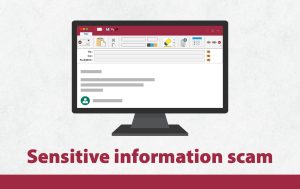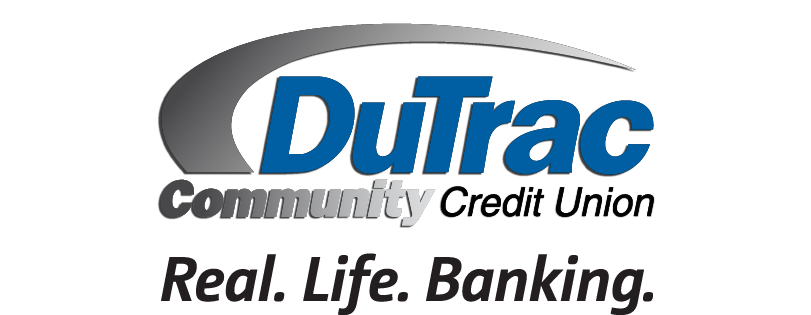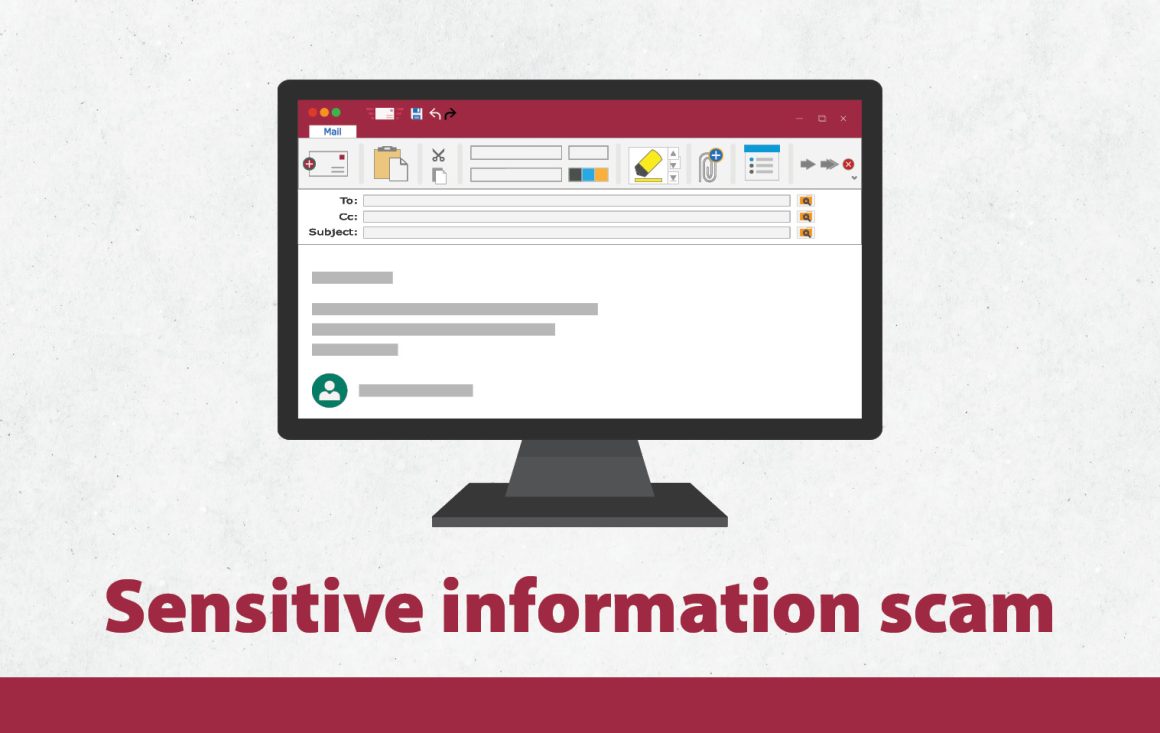 Sometimes your might receive emails warning that your sensitive personal information is being sold in the shadowy marketplaces of the dark web.
Sometimes your might receive emails warning that your sensitive personal information is being sold in the shadowy marketplaces of the dark web.
Some emails list the stolen information, like all or part of the person’s Social Security number, date of birth, and driver’s license number. If you receive one of these emails, take steps to help protect yourself against financial loss from identity theft.
- Don’t click a link or use a phone number in the message. It could be a “phishing” email to trick you into disclosing sensitive information to scammers.
- Change your passwords to secure your accounts. Start by changing the passwords on your email accounts. Email accounts often are the weak link in online security because password resets for other accounts go to your email.
- Pro tip: Be sure to use different passwords for each account. If the account offers multifactor authentication, use it for added security.
- Check your credit reports. After securing your accounts, ensure nobody has opened new accounts using your information. If you find an account or transaction you don’t recognize, visit govto report the identity theft and get a personal recovery plan.
- Consider freezing your credit. A credit freeze, also known as a security freeze, is free to place and remove and is the best way to protect against an identity thief opening new accounts in your name.
DuTrac provides the latest fraud protection tools and services, from text alerts to chip-enhanced technology.
If you feel you may have been the victim of fraud, don’t hesitate to contact our Fraud Specialist at fraud@dutrac.org. Also, you’re welcome to visit any DuTrac location.

